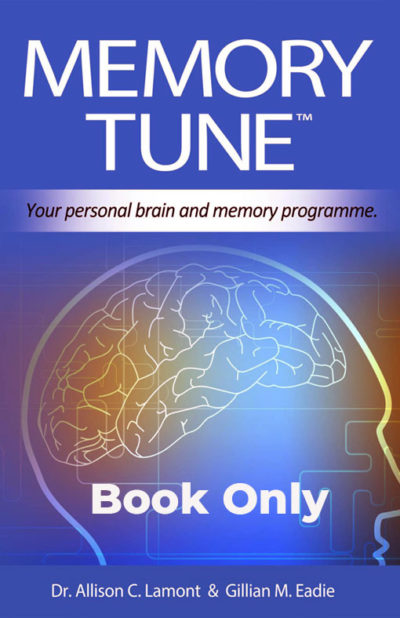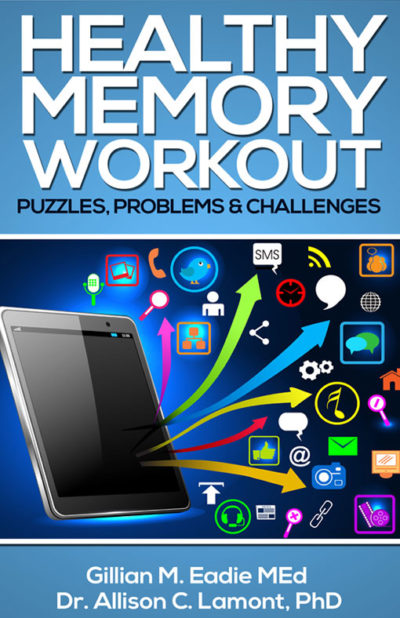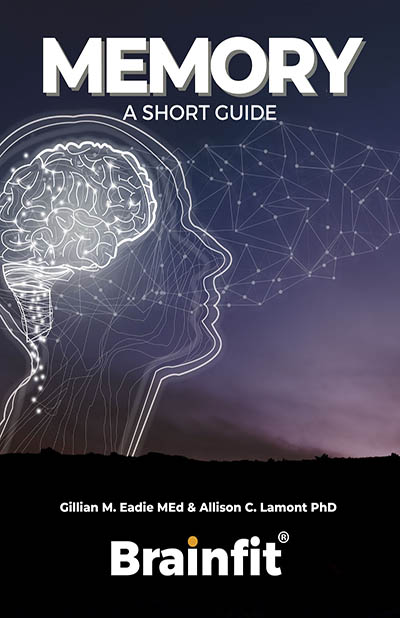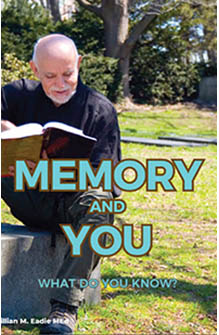Hundreds of people have been working through the Memory Tune course and one of the Prospective Memory tasks in Session 11 (Remembering to Remember) was to recall, on a particular day, to write a note to Dr Lamont.
Nearly everyone remembered!!
How did they do it? Here are some of their replies.
From Alison of Whangarei:
Some of my strategies to remember to do:
- I have a DO IT notebook in that I write things I need to do
- lists of people to phone
- a diary with each day to write appointments and meetings
- A small notebook where I have made columns so I can tick when I have taken pills
- I ask my daughter to make sure what I need to do
- I am beginning to visualise a large picture of something I need to do e.g. now I an visualising being wet with a huge wave to remember to ask my daughter to raise the shower arm
- I now visualise a huge thing on wheels so I can remember to go shopping with my grocery trundler.
- I am remembering [my friend] as a big teddy.
From Jenny W:
To complete the prospective memory task:
- I wrote a note to myself and
- I held it in mind because Saturday, even in lockdown, is a little different from every other day. I remembered I had something to do once Saturday arrived. So I did not need to check the note I wrote to myself.
From Diana M:
- 5 days ago I wrote a note in the calendar to remind me I had an email to write.
- Then rehearsed the email address.
- The day before it was due, I remembered the reminder but found I didn’t have an accurate recall of the email address.
- On the day, I remembered to write the email (as well as 2 others) and recalled the address. I think the recall was made easier, through association with the course, by continuing to read the last few chapters this week.
I think the exercises we have been set are having an enormous effect. I’m noticing I’m managing to prioritise my day and follow through each task. Not so long ago I was having great difficulty with prioritising, and time management as well. This is a marvellous change for me.
From Pat T.
- My main strategy is, as always, to write it in an electronic notebook (Microsoft’s OneNote). I have always been a list person and because OneNote can be used across various technologies it is always there in my phone, my tablet and my PC.
- However, I did remember it most days – usually just out of the blue or when I checked my list for each day’s must do’s. But today was busy from the word go and I have only just sat down to do some jobs on my computer but as always I checked my list first. And there it was and here I am!
- Thank you for the brain workout. I am finding that I pay much more attention now to all that’s going on. I’m not too optimistic that I will be as sharp as I was in my 20’s but just feeling more confident is a great boost to my morale.
From Julie T
- Learning to maintain “focus” changed things for me. Whereas I might remember the face or the name – which belonged to who was a problem. I can now “picture” the face to the name.
- I wonder now how I could sit opposite a friend for coffee for 30 minutes and not even know if she was wearing earings !! I feel so much more confident as well.
From John B
- To remember to email you I made a note in my diary.
- My greatest memory problems are remembering names and lately faces. Thanks to your course I realise it is because I am not always relaxed or paying full attention in social situations.
What are your tips and strategies for remembering to remember? Prospective Memory is one of the skills that declines as we get older – or if we are stressed, anxious or taking strong medication – so it is important to practise this skill as often as you can.





Oh no, how remiss of me to stifle the opportunity to reply to the prospective memory request from the memory tune course I participated in.
The awful thing is I never got to “remember to remember, ” and submit, because I had not read, and consequently, missed the request in the first place!! (Attention to detail is obviously wanting!!). Today, in disbelief, I went looking and found it on Day 12 in Memory Tune.
So here goes:-
-For me I have discovered the importance of writing things down.
– I have stuck post- it stickers on the car wheel for little incidentals.
-Practiced by putting on the timer and trying to remember a minute before the timer goes off.
(Tricky that one).
-Focus, connect and rehearse
-Before going to bed reading over and picturing the next days events/ appointments.
-Next morning recalling the night before details before looking at my back up notes ( generally on my phone).
-Putting things to take places by my car key which is always put in the same place
-Leaving items at the entrance way ……. and I am sure there are many other strategies I will learn along the way.
Clarification to above comment:-.
– have stuck posters on the “car steering wheel”.
Also it was lovely to read what the more alert and “on to it” subscribers mentioned in their replies to the request!!
An excellent list, Mary! And we are SO glad you are using these helpful strategies. And I think I said Day 11 when you are correct, it was actually Day 12. Attention to detail matters when aiming to remember well!